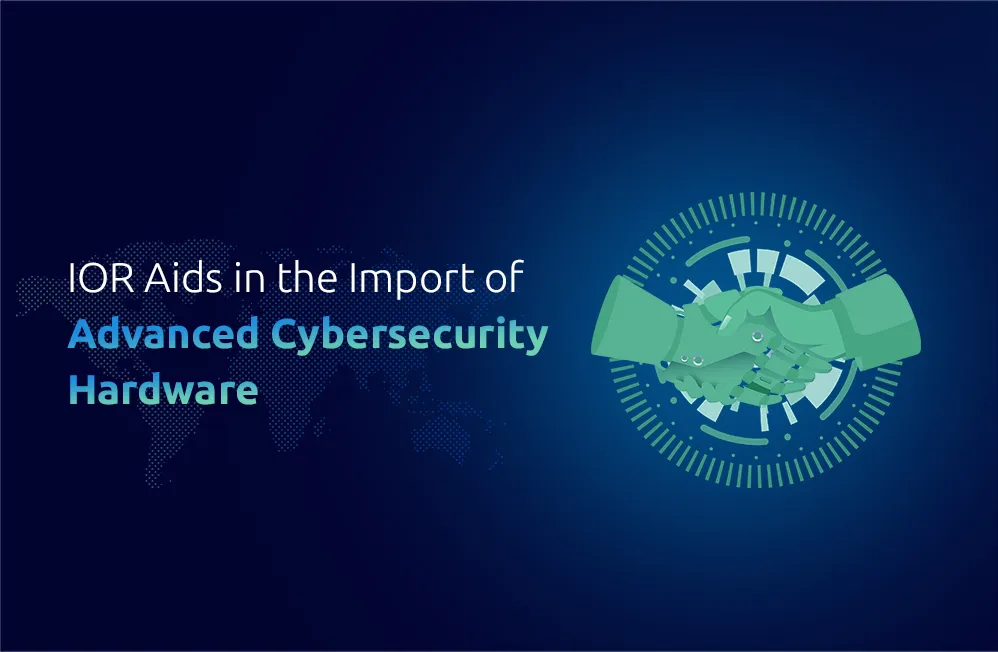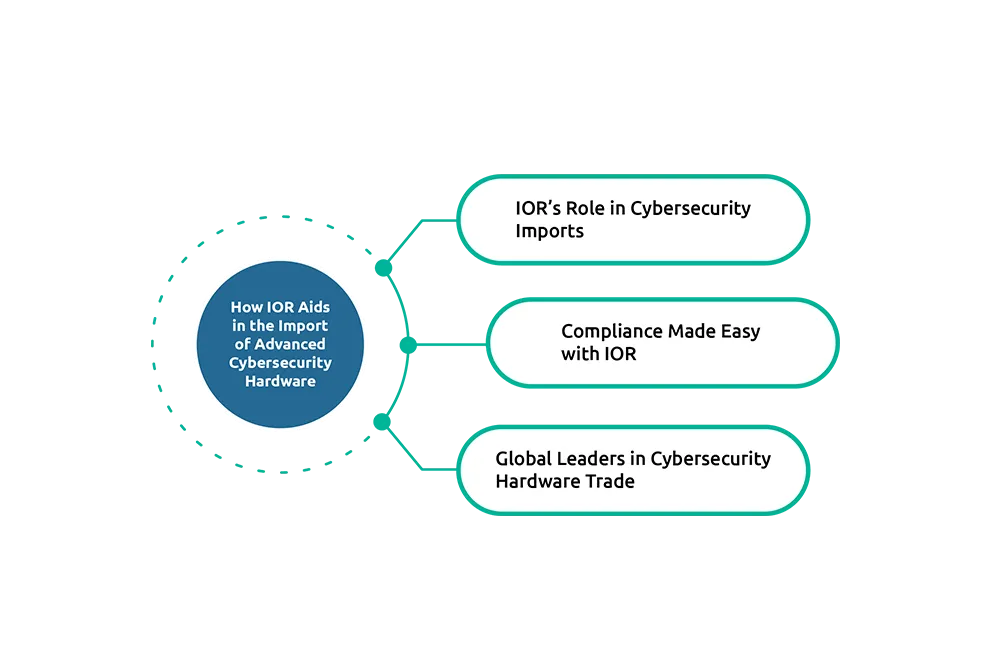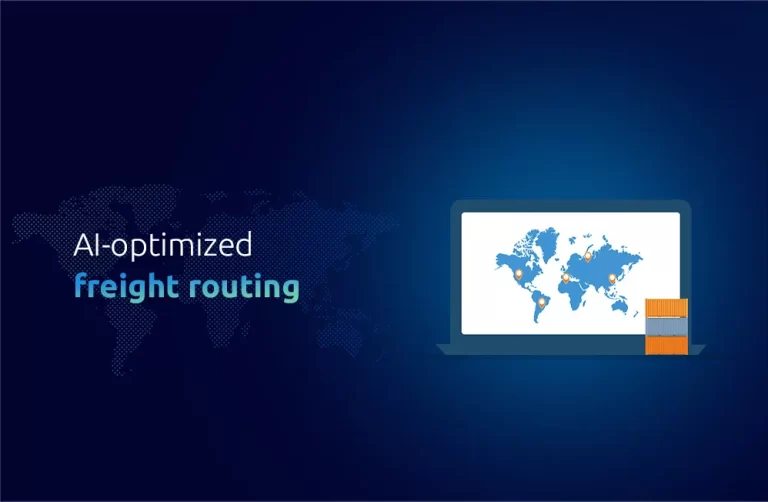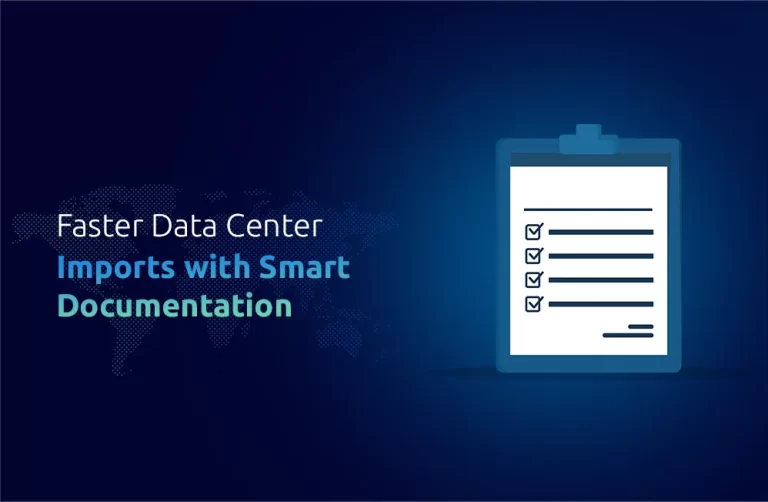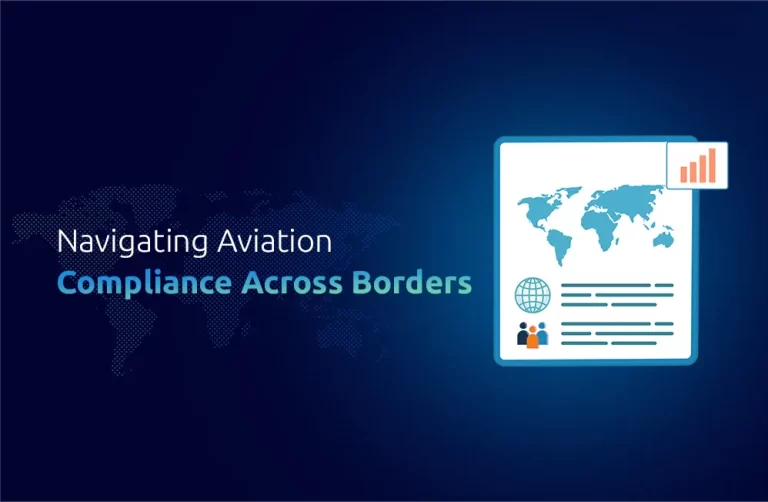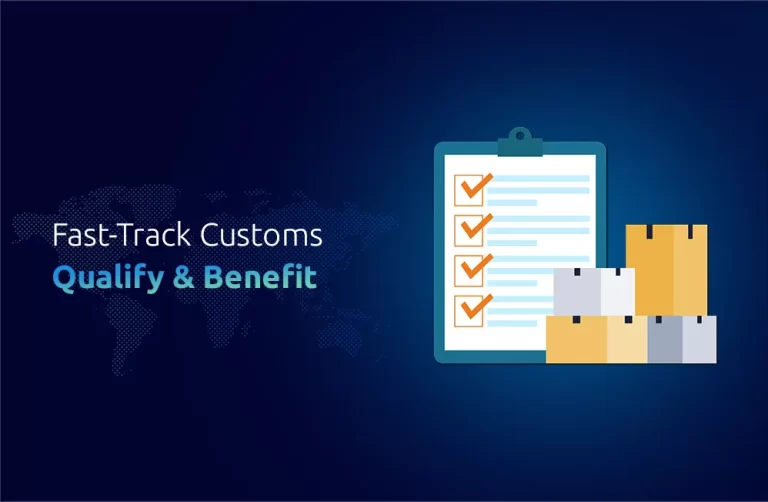Insight
With today’s evolving digital environment, industries such as aviation, automotive, healthcare & IT data centers rely heavily on cutting-edge technology for cybersecurity hardware to protect sensitive data & infrastructure. Importing such equipment may pose complex regulations, customs compliance issues, and logistical hurdles that may make its importation challenging to navigate.
IOR services are vital in simplifying the process for businesses while meeting all legal and logistical obligations. This blog will examine the importance of these services as they relate to digital security in industries.
What is IOR?
An IOR is a legal entity responsible for ensuring goods imported into a country comply with its regulations, such as administering the HS code and permits required for customs clearance. Furthermore, this legal entity pays duties, taxes, and fees to local authorities
Importers of cybersecurity hardware often rely on IOR expertise due to the sensitive nature of these products, which often fall under the Harmonized Tariff Schedule as dual-use goods with civilian and military applications.
Why Industries Need IOR Services for Cybersecurity Hardware Imports
Industry Segments that benefit from IOR Services for Cybersecurity Hardware Imports are aviation, automotive, healthcare, and IT/data centers that rely heavily on Importer of Record (IOR) services to streamline cybersecurity hardware imports. For example, aviation needs secure communication, navigation, and operational systems, which must adhere to Incoterms and international standards for cybersecurity hardware imports. At the same time, in automotive due to connected vehicles, it relies heavily on IOR services to manage DAP shipments while adhering to tariff regulations.
Healthcare providers who use digital records and IoT medical devices prioritize protecting patient data, so timely delivery of compliant cybersecurity hardware is of utmost importance, even during global supply chain disruptions. IT/data centers relying on IOR services ensure proper classification under HS codes and compliance with the Generalized System of Preferences (GSP), making the importation of firewalls, encryption devices, and advanced infrastructure essential to modern businesses smoother than ever.
Responsibilities in Import of Cybersecurity Hardware Imports
Regulatory Compliance: IOR assures that imported goods comply with all nationwide and international trade laws, from appropriate documentation to harmonized tariff classification.
Customs Clearance: Acting as the primary point of contact between companies and customs authorities, IOR works to minimize delays by answering inquiries about paperwork accuracy and handling queries directly with customs authorities.
Licensing and Permits: IOR secures all necessary licenses, such as export permits and import approvals, needed for dual-use cybersecurity equipment.
Secure Logistics: For cybersecurity hardware, the IOR collaborates with reliable logistics providers to ensure safe and undamaged delivery.
Tax and Fee Payments: IOR handles payments calculated based on product classification and value to ensure smooth customs clearance.
Key Concepts in IOR Services
Importer of Record (IOR) services provide essential tools and frameworks that facilitate compliant and hassle-free imports. Incoterms such as DAP (Delivered at Place) define shipping, delivery, and risk transfer responsibilities – making them essential tools for effective import planning. The HS Code is an internationally accepted classification system for trading goods, providing essential guidance when calculating duties and adhering to international trade laws. HTS Harmonized Tariff provides American import regulations. Furthermore, GSP offers significant cost-cutting opportunities through reduced duties for qualifying imports from developing nations – providing significant cost-saving opportunities for businesses.
Importance of IOR Services across Industries
As the complexity of cybersecurity hardware import varies across industries, its oversight remains universal. From aviation, where navigational systems must remain secure, to healthcare, where patient privacy must always come first – IOR ensures compliance, efficiency, and security for their goods.
Conclusion
In today’s global economy, an IOR can serve an invaluable purpose: simplifying international trade for highly regulated goods like cybersecurity hardware. An IOR ensures compliance with complex customs laws and international trade regulations while giving businesses confidence and operational ease to focus their energy on providing value and innovation to their clients.
Navigating regulatory requirements, managing documentation, and classifying products or services under Harmonized Tariff Systems or Harmonized Tariff Schedules are among the many challenges businesses must overcome to remain successful. If these complex processes aren’t managed effectively, they can lead to delays, penalties, and increased costs – an experienced IOR makes all the difference!
One Union Solutions offers tailored IOR services tailored specifically for industries navigating global trade. By handling compliance, customs clearance, logistics coordination, and duty management on your behalf, they ensure goods arrive seamlessly at their destinations. Businesses partnering with us gain peace of mind knowing their imports are handled by experienced professionals who understand all the complexities of international commerce.
Did You Know,
Cybersecurity hardware accounts for 15% of global trade and requires strict compliance to avoid misuse.
FAQs
- What role does an Importer of Record (IOR) serve in cybersecurity hardware imports?
Answer: The IOR ensures compliance with local trade laws, secures licenses for imports, and manages customs clearance to facilitate seamless imports. Duties & taxes must also be paid on imports without delays.
- What are the differences between an importer & exporter?
Answer: An importer, imports goods into a country while an exporter sends them out again. An IOR specializes in overseeing the import process.
- How does IOR handle goods with dual use?
Answer: The IOR ensures that dual-use goods, like cybersecurity hardware, comply with regulations and secure export licenses as required for international sale. They must also satisfy security standards.
- Why are cybersecurity hardware imports considered dual-use goods?
Answer: Cybersecurity hardware serves civilian and military uses, necessitating tight regulatory oversight to avoid misuse.
- How does IOR ensure the secure delivery of cybersecurity hardware?
Answer: The IOR collaborates with reliable logistics providers to secure tamper-proof packaging and ensure proper handling during transit.

